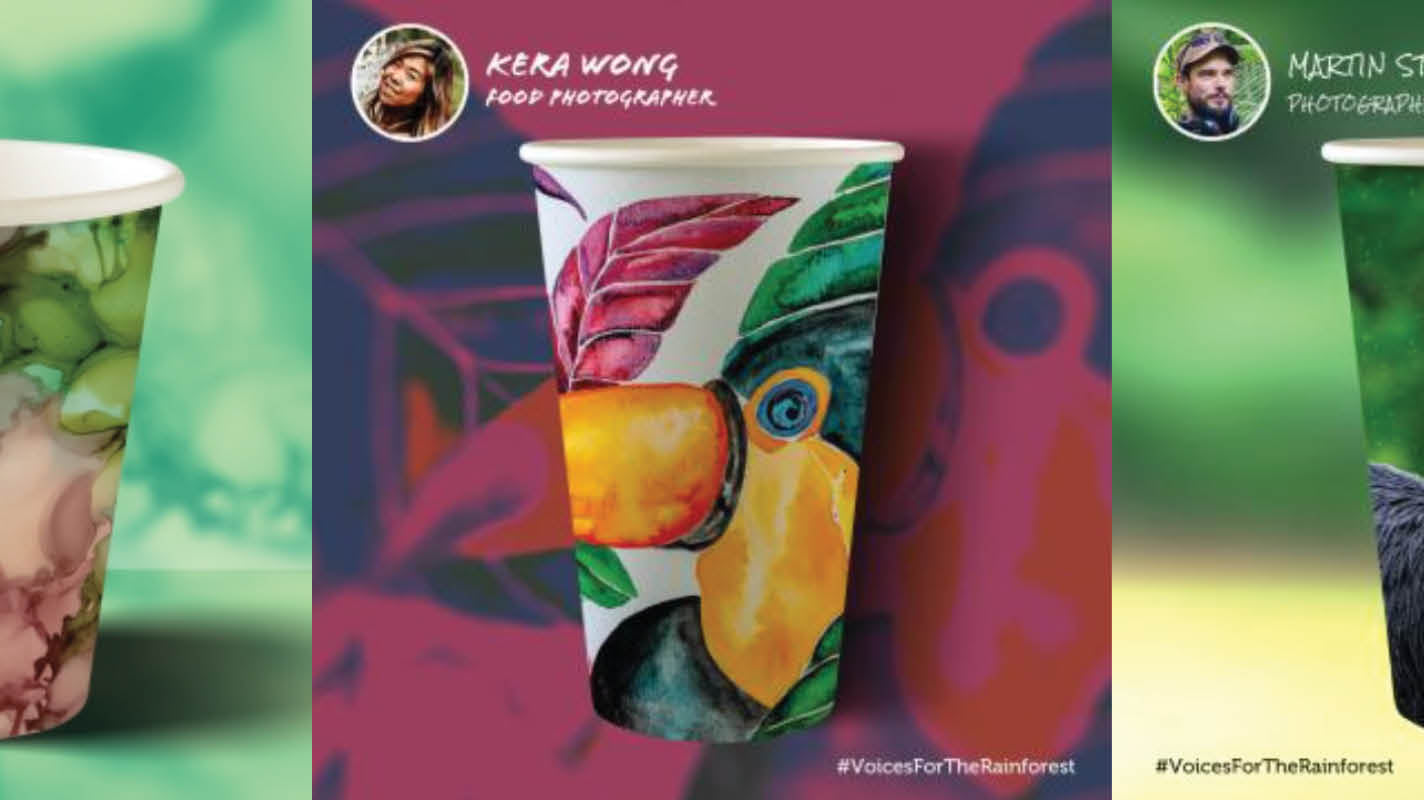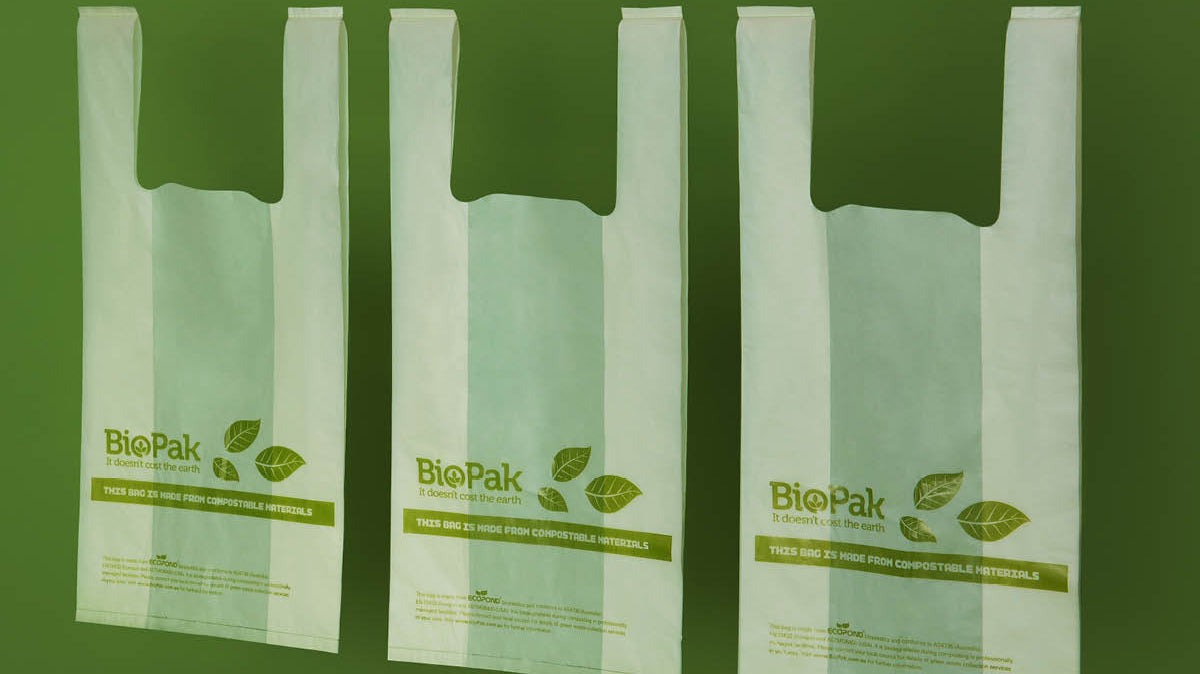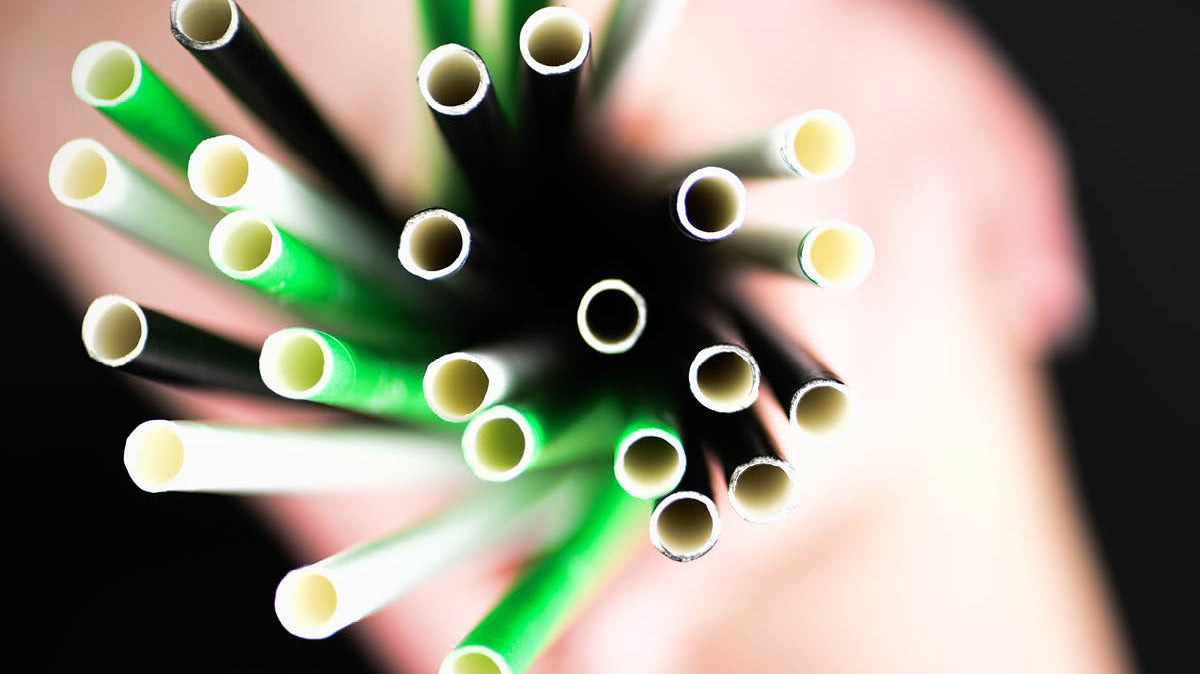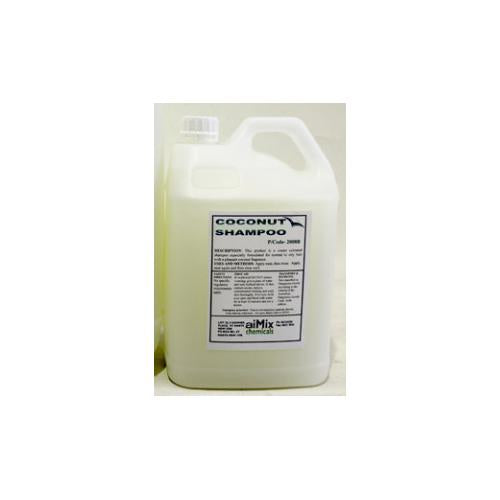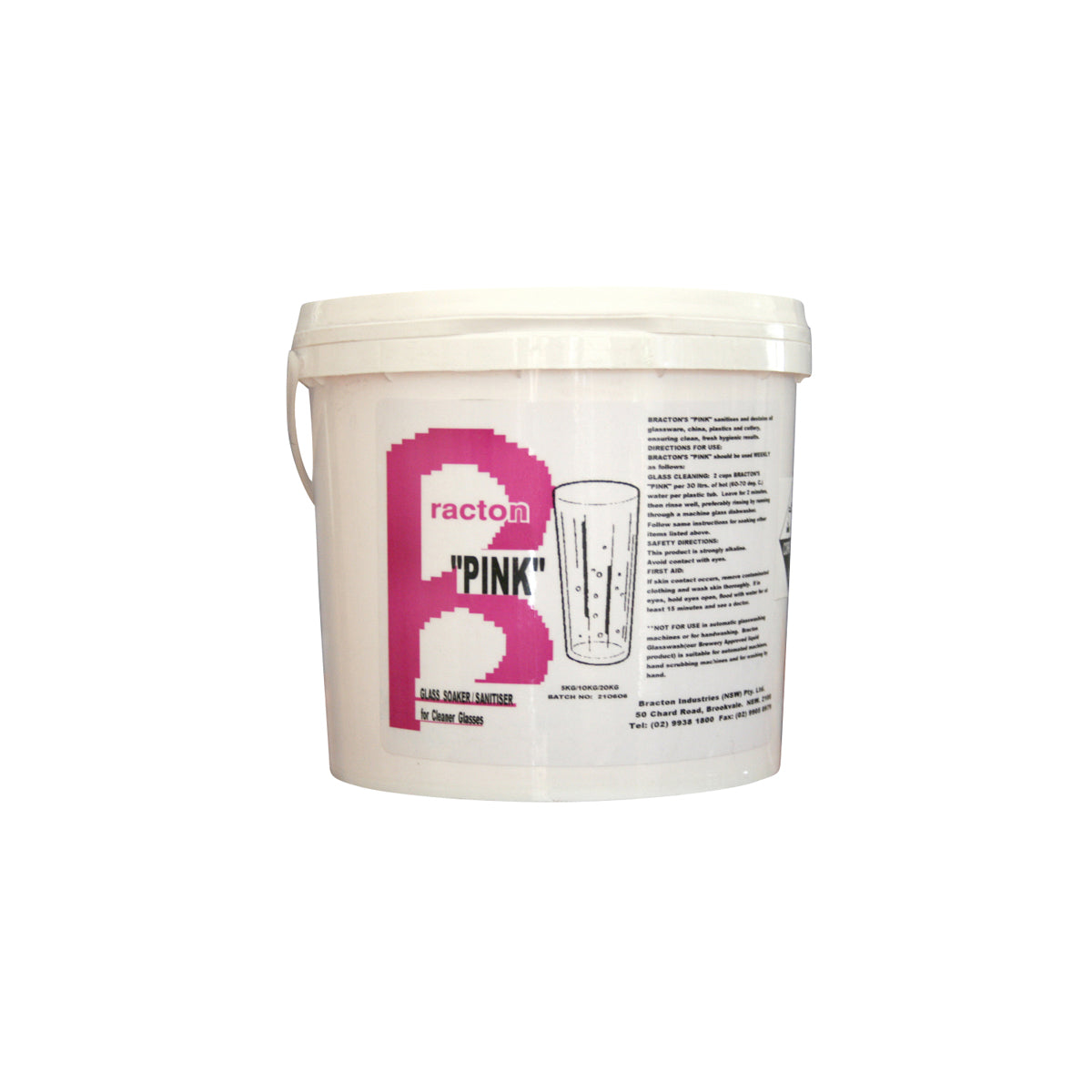News
Voices for the Rainforest
Raising awareness for the urgent need to protect rainforests and plant more trees
Ban the bag: Australian states and territories are quitting single-use plastic bags
South Australia, Tasmania, the Northern Territory and the Australian Capital Territory have already introduced bans on plastic bags. Victoria, Western Australia, and Queensland have also committed to banning plastic bags...
Plastic Free Straws
BioPak offers a more sustainable alternative – compostable paper straws made from FSC® certified paper sourced from managed plantations. Plus, they’re carbon neutral and can be customised with branding or...
5 Steps to a More Sustainable 2020
As individuals, we can seek ways to lower our carbon footprint and reduce negative impacts on the environment and as members of the business community we can make choices that...


